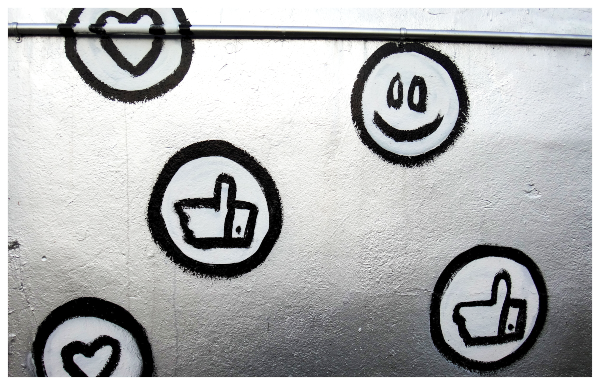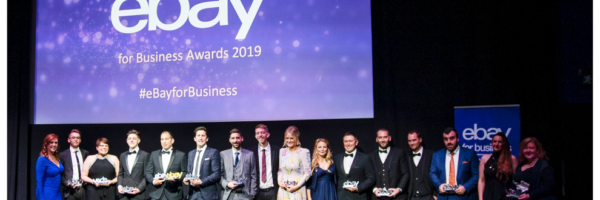Young founders who have grown up with technological and digital advancements in communications are more likely to be aware of the impact of social media and how to use it to build brand awareness – This, however, means that they are more susceptible to a pr crisis when things go wrong.
Social media has the power to make or break a brand. Customers use it to share their experiences and feedback regularly and sometimes they use it as a means of directly communicating with a brand or its founder.
For example, people are becoming more inclined to tweet than perhaps call or even email a brand if they are dissatisfied.
I have also seen founders handle PR crisis poorly, using tones that override accountability when facing up to business issues and this can have a long term impact on their reputation.
A PR crisis can start for several different reasons including poor product, poor customer experience, disgruntled employees, social insensitivity, lack of awareness and tone-deaf communications which cause offence and upset.
Social media now amplifies crisis faster than ever before and once it is shared as a facebook update or a tweet, it has the potential to get the attention of the media and a wider audience.
So, here are five practical tips to help understand how to deal with a PR crisis in the era of social media:
Be Prepared
Preparation is key. Nobody wants to experience a PR crisis but like many things, in life, you need to plan for unforeseen circumstances. Call it Reputation Insurance if you will.
Make sure you identify who in your team will address the situation and ensure they have the training from a credible expert. Have a list of experts ready to call if you do not have an in house PR team.
Breakdown some scenarios and brainstorm possible outcomes and the most effective ways to deal with them.
Listen
When you are going through a crisis the first reaction is to panic but if you remain calm whilst still respecting the urgency of the situation, you will be able to maintain a clear head at all times and show strong leadership to your team.
Listening can be through monitoring the conversation online and offline or via clear face to face meetings. Be ready to listen.

Formally Apologise
Apologise to disappointed customers and clients if your investigations highlight that you are at fault.
An apology can be on paper, drafted as a statement, via video or as face-to-face but apologise.
You can also use any media attention as an opportunity to apologise. Now just to be clear there may be instances where you have been wrongly accused of something – this is where you might want to consider legal services.
However, I would recommend that you can still apologise to your other customers for any distressed caused by the crisis even if you are not at fault. Showing a duty of care is important.
Invite the customers back to your organisation to discuss the issue or respond to their complaints via email. Pay attention, respect them, and listen.
Be Ready To Be Held Accountable
Do not simply blame a member of staff or freelancer, remember that at the end the day the buck stops with your brand. So show your customers that you care and are willing to be held accountable.
After you have listened to all of the feedback, issue a press statement which states clearly what your next steps will be in addressing the issue.
Engagement
Be ready to engage with members of the media and the public, and send out a well organised and diplomatic spokesperson who can represent your organisation.
Put a clearly defined social media policy in place for all staff members including freelancers or contractors who work for the organisation.
If you have offended a particular group or section of the community, work with the community in spearheading a better engagement policy and retrain all levels of your team.
But most of all do something and respect the fact that regardless of your pride as a business owner you are not always right and even if you are, you can still learn from these situations.
Post By: Ronke Lawal – Founder of Ariatu PR
Images Copyright – Unsplash
More Stories
Fast Fashion Brands: ‘Why the issue with Boohoo is bigger than us independent designers’
Four Short Ways To Talk About Change In Your Business And Get A Positive Response











